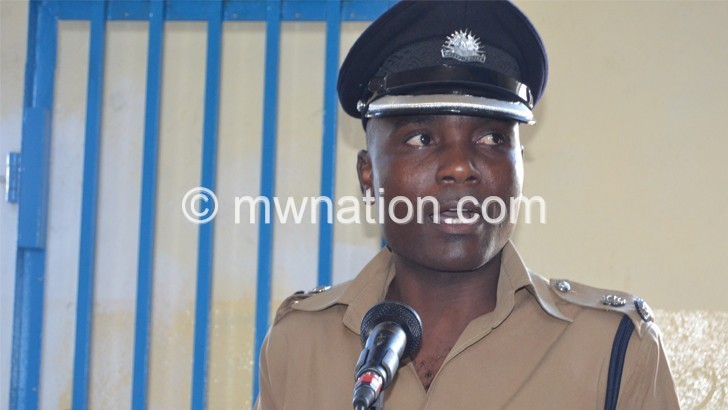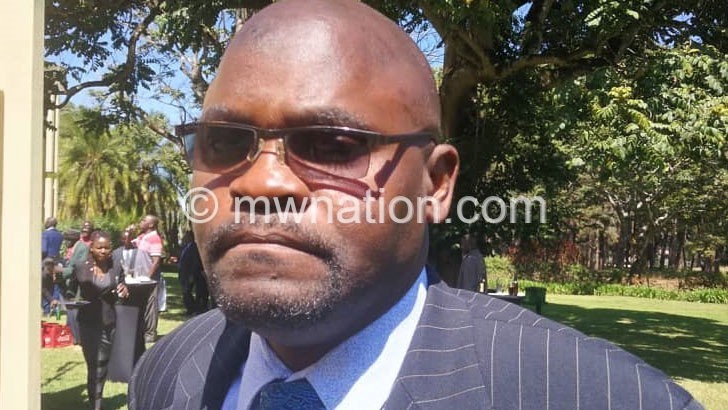Nine killed, 47 arrested in bloodsucking claims
Calls have mounted for government to tighten security against mob justice as bloodsucking rumours have reached alarming levels in the country.
National Police spokesperson James Kadadzera has since said nine people suspected to be bloodsuckers have been killed so far in mob justice acts.

In an interview yesterday, he identified Chitipa, Karonga, Mzimba, Kasungu, Ntchisi and Mchinji districts as hotspots for the mob crimes.
He said: “We have so far arrested 47 people who have been charged with murder, erecting illegal roadblocks and damaging property. More arrests are being made.”
Along the M1 in Karonga and Chitipa, locals have been erecting illegal roadblocks in an apparent search for bloodsuckers.
In Mzuzu and Nkhata Bay, mobs have been searching for the bloodsuckers even in private residences and rest-houses, instilling fear among citizens.

The irate locals, in a purported ‘clean-up’ campaign, harass, victimise and sometimes kill those suspected to be bloodsuckers or those uncooperative to their demands.
However, addressing the media in Mzuzu yesterday, Church and Society of the CCAP Synod of Livingstonia executive government needs to strengthen security for citizens as robbers have taken advantage of the lawlessness.director Moses Mkandawire said
He said: “Government needs to come in strongly as they did in 2017. We need to deploy as many police officers as possible, particularly in hotspot areas. We also lobby government to deploy the military because, unfortunately, people are not respecting or fearing the police. There is need to restore law and order.”
Mkandawire said all stakeholders, including the civil society, need to raise awareness on responsibilities that accompany human rights.
But Kadadzera said police have already deployed more officers to the hotspot areas where they are doing patrols in towns and major roads where civilians were mounting the illegal roadblocks.
He said: “All those found doing this are being arrested. It is also a crime to spread rumours. As police, we have finalised investigations, but there is no evidence that people have been sucked blood. These are just myths.”
Meanwhile, Bishop Martin Mtumbuka of Karonga Catholic Diocese, who was in Zambia recently, said it appears the rumours have emanated from Copperbelt in the neighbouring country.
He, however, said the neighbouring country has successfully dealt with the problem by using the police, the army, the church and the civil society.
“This shows there is no truth to the bloodsucking rumours. Even in Karonga and Chitipa, there is no evidence of anyone [who has] been sucked blood,” said Mtumbuka, who witnessed locals sleeping along the road in Karonga for fear of bloodsuckers.
“If indeed there were bloodsuckers, as a church we would have confronted them to protect our flock. Our role is to protect the poor and the weary from any attack, even if it means losing our lives,” he said.
In Malawi, bloodsucking rumours were first recorded in the 1980s before re-emerging in 2002/03, 2007 and 2017. This is the latest wave.





